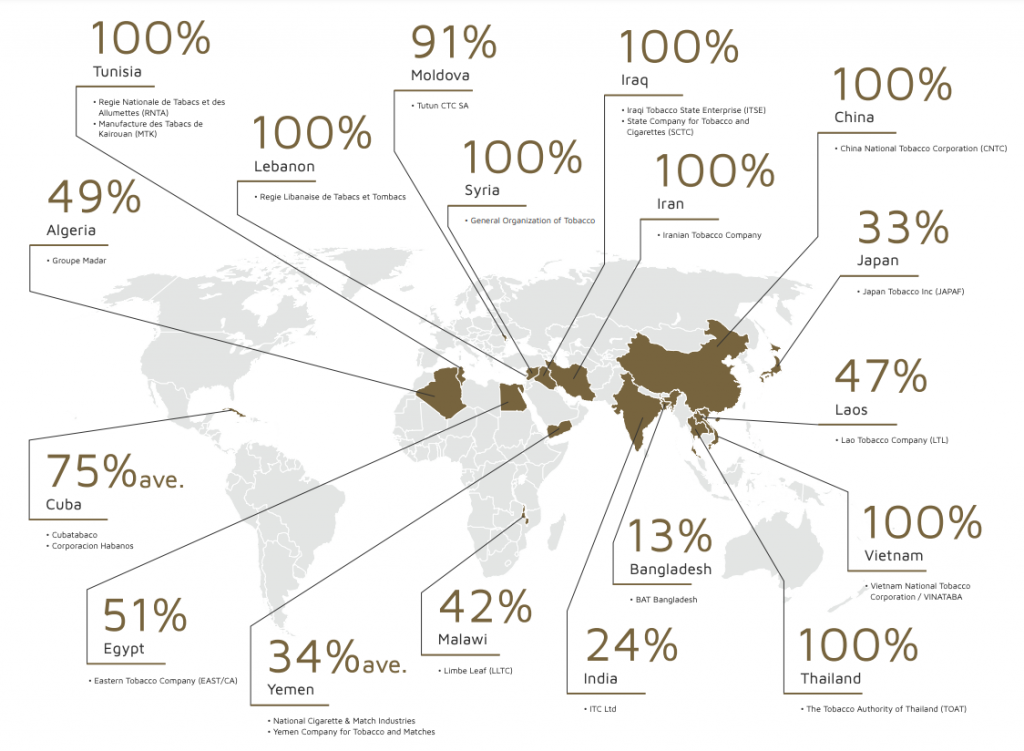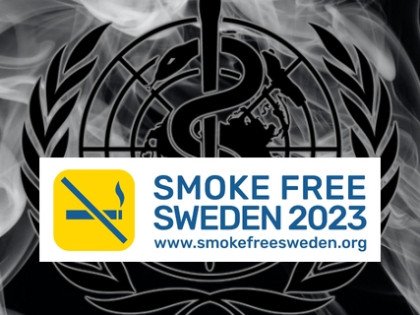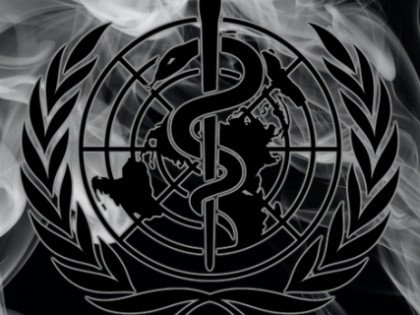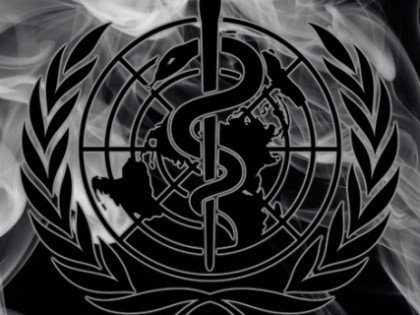Even before COP9 kicked off we knew that discussion about vaping would be limited to the presentation of “evidence”, for what that is worth considering the exceptionally poor quality of the studies the WHO is relying upon and the independent evidence it is choosing to ignore.
Actual decisions were postponed to COP10, although there was always the possibility one nation could push for action during the proceedings.
Hopes were high that the United Kingdom’s delegates would push the success we have experienced from embracing vaping as a quit tool and the exceptionally high quality of our independent research. The New Nicotine Alliance asked for consumers to contact their MPs to press how important this was to Health Under Secretary Maggie Throup MP – from what can be ascertained, sadly, neither of these things happened.
The barring of journalists during the sessions and independent groups such as the New Nicotine Alliance from having observer status reared its ugly head again. The situation was accurately summed up by leading expert Clive Bates. He asked whether this was about keeping out Big Tobacco or just suppressing dissent.
He said: “The usual justification for these measures is typically absurd…that it will keep out tobacco companies. That is a deeply questionable end in itself – these companies will be major players in the shift of the market from combustible to non-combustible products. But in practice it is absurd, many of the government delegations have state-owned tobacco companies and some have representatives or sponsors of these industries on their delegations.”
State-owned tobacco companies, Foundation for a Smoke-free World

So, what did COP9 achieve?
The WHO says: “The Ninth Session of the Conference of the Parties (COP9) to the WHO Framework Convention on Tobacco Control has closed with an agreement to embark on an innovative multi-million-dollar financial plan to strengthen global tobacco control measures”.
Continuing, “this new initiative will source financial contributions beyond the traditional health sector, establishing a capital investment fund, the earned revenue of which will be used to support the activities of the Convention. Recognising the unique skills required to manage and sustain the fund, the governing body of the WHO FCTC will be seeking the guidance of the World Bank, and will create an Oversight Committee, comprised of experts in financial and investment management representing the six WHO Regions and including observers from civil society to help guide the Fund.”
Given the exclusion of “observers from civil society” from the proceedings, putting pay to the lie that “the whole of COP9 was open to the media”, limiting it mainly to Bloomberg-funded entities, this appears to be a shoring up of the anti-vape push with a view to limiting the impact of nations such as the UK from potentially withdrawing financial support for the FCTC.
Dave Cross
Journalist at POTVDave is a freelance writer; with articles on music, motorbikes, football, pop-science, vaping and tobacco harm reduction in Sounds, Melody Maker, UBG, AWoL, Bike, When Saturday Comes, Vape News Magazine, and syndicated across the Johnston Press group. He was published in an anthology of “Greatest Football Writing”, but still believes this was a mistake. Dave contributes sketches to comedy shows and used to co-host a radio sketch show. He’s worked with numerous start-ups to develop content for their websites.
Join the discussion
Do It Swedish-Style
Health advocates have urged policymakers to replicate Smoke-Free Sweden by “doing it Swedish-Style”
A Missed Opportunity at COP10
The Smoke Free Sweden movement says that COP10 was a missed opportunity to save millions of lives
Alarm Regarding WHO’s Opacity
The Coalition of Asia Pacific Tobacco Harm Reduction Advocates sounds the alarm on WHO and FCTC's “disturbing lack of transparency”
Ex-WHO Officials Deliver THR Message
Ex-senior officials from the World Health Organization have written to The Lancet to encourage the WHO to embrace the benefits of tobacco harm reduction







-listing400.jpg)



